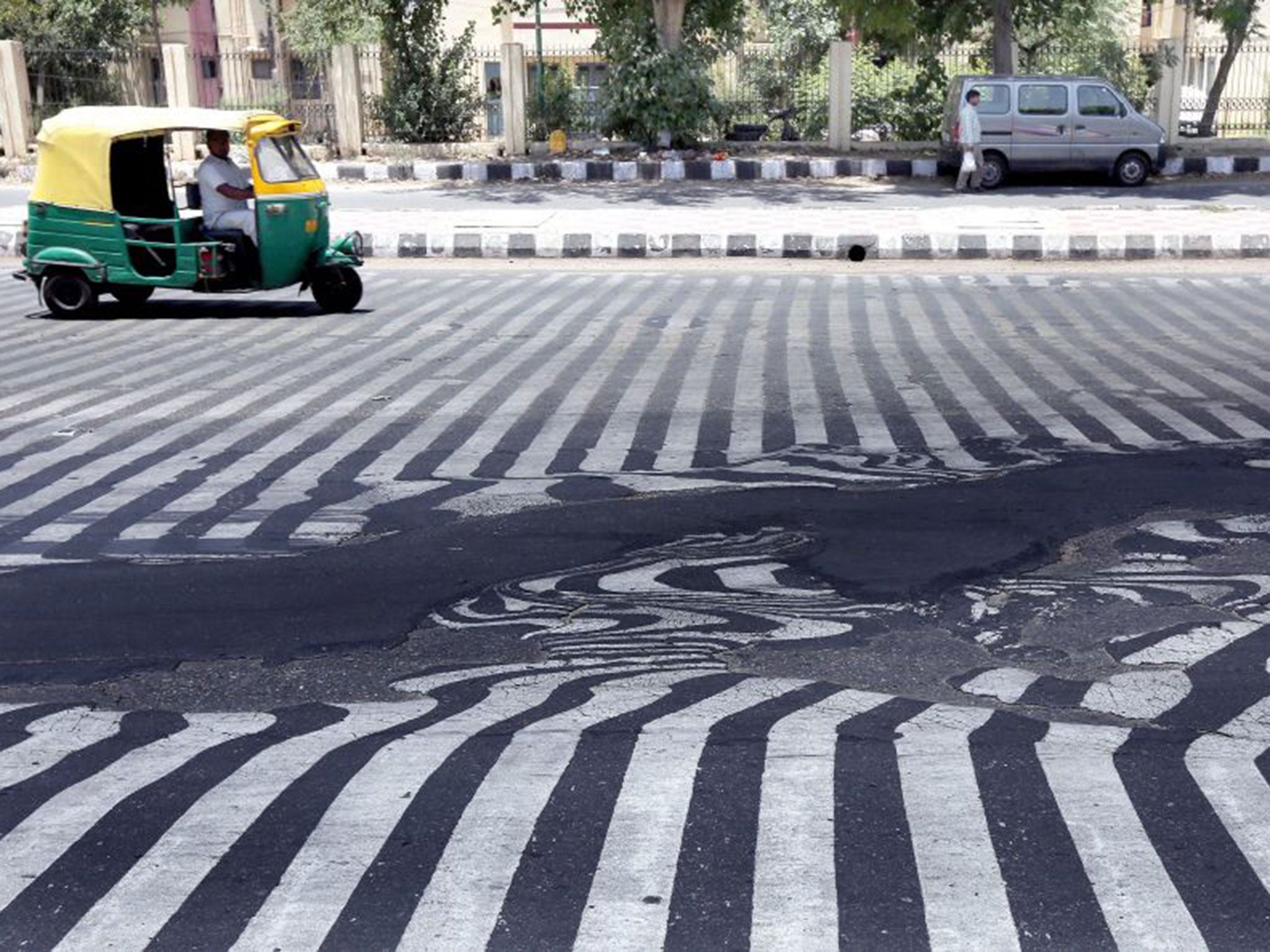India won’t allow self-driving cars as they will take away jobs, says minister
‘In a country where you have unemployment, you can’t have a technology that ends up taking people’s jobs,’ roads minister Nitin Gadkari says

Self-driving cars could soon replace traditional human-guided models, but in one of the world’s most populous countries it may take some time before the technology becomes mainstream.
India’s road transport and highways minister, Nitin Gadkari, told reporters that the country would not allow autonomous vehicles because they will take away much-needed jobs.
“We will not allow driverless cars in India. I am very clear on this,” Mr Gadkari said, according reports in local media.
“We won’t allow any technology that takes away jobs. In a country where you have unemployment, you can’t have a technology that ends up taking people’s jobs.”
The minister said there was currently “huge demand” for commercial drivers and that the Indian government planned to open up new training centres to encourage more people into the profession.
“We are not going to promote any technology or policy that will render people jobless,” the Hindustan Times cited Mr Gadkari as saying.
The minister also said that the government would promote electric vehicles and make GPS and satellite tracking mandatory in all public and private vehicles
Even if the political mood in India were to shift in favour of driverless cars, it is unclear whether the current crop of vehicles would be able to cope with the country’s notoriously crowded and potholed roads.
Much of the testing of autonomous vehicles has so far taken place in the US and Europe, where infrastructure arguably poses fewer challenges.
Although manufacturers claim the cars are significantly safer than those controlled by people, accidents have happened.
Uber was forced to halt its driverless car pilot in March when one of its vehicles crashed into another car before rolling over. There were no serious injuries.
Join our commenting forum
Join thought-provoking conversations, follow other Independent readers and see their replies
Comments